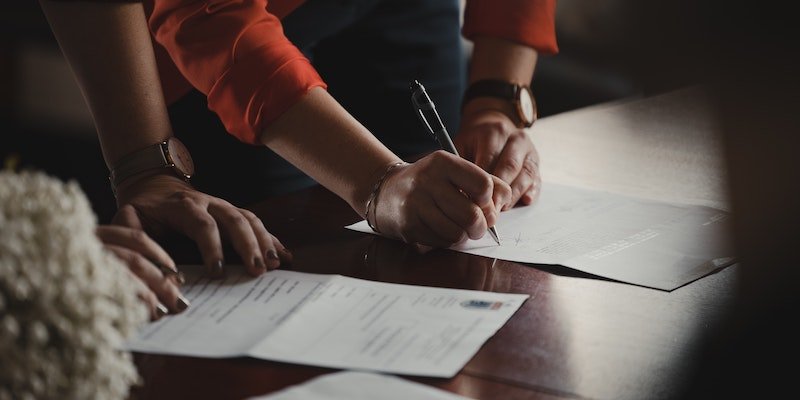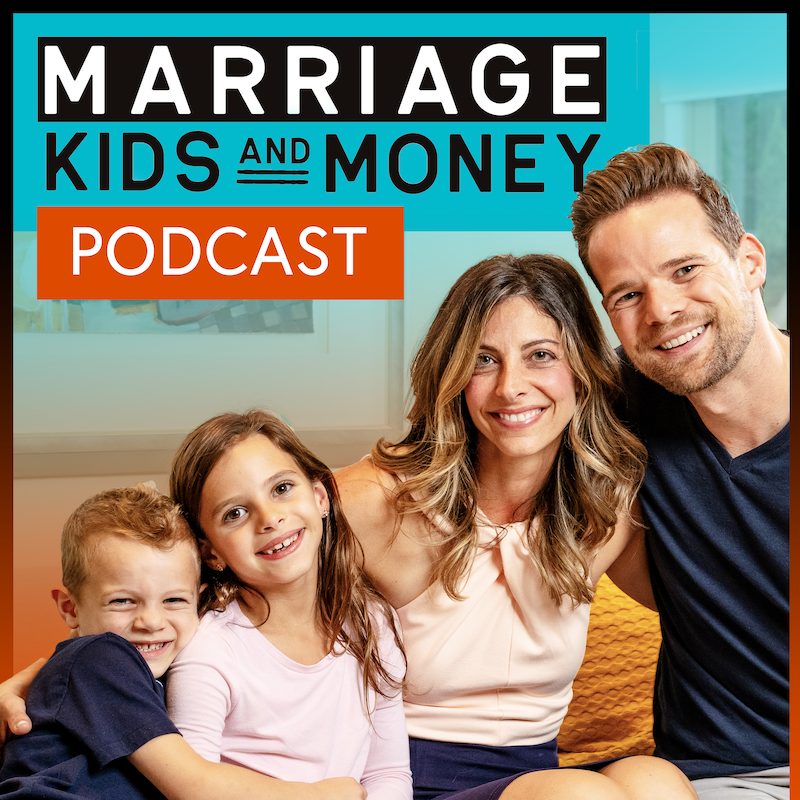After renting for a while, you may ask yourself, “Am I ready to buy a house?” There's a lot of pride that comes with homeownership. At the same time, this is a big decision and should be taken very seriously.
Ryan reached out to me recently with this question.
“…In 3 months or so, I’ll be moving away from home.
…Obviously, I need housing. I rent right now and pay way too much, and I’m tired of throwing my money at rent. I have no savings because my income is the only source of income in the house and up until a few weeks ago, getting my finances in order was not a priority of mine.
How do I know what I can afford in a house?”
Ryan, thank you for reaching out with your question. And congratulations on getting your finances in order.
That commitment can be a HUGE turning point in your financial future. So I commend you for making that decision.
Now, to answer your question … how do you know if you are ready to buy a house?
I have some 5 thoughts for you:
1. There is Nothing Wrong With Renting
It sounds like the smartest move for you right now would be to rent. I know it feels like renting can be a waste of money because you’re not building equity, but buying a home when you’re not financially prepared can be much worse.
I bought my first home when I was 22 because I thought it was the right thing to do. MAN, was I wrong.
My mortgage payments made me feel like I was drowning each month. I wasn’t making enough money to cover all of my bills and my lifestyle without going into debt.
And when I had job opportunities to move to other cities during the Great Recession, I couldn’t leave because I owed more on my home than it was worth!
Now will another Great Recession happen that affects the housing market when you decide to buy a house? Maybe not, but who knows!?!
The point is renting gives you flexibility. It gives you options. So please don’t put homeownership on a pedestal as the only smart way to live. I did that and I got burned.
2. Build Up Your Emergency Savings First

You mention that you have no savings. That is a great place to start.
To the best of your ability, it’s time to start living on less than you make. This has been the single best piece of advice I’ve received during our wealth building journey.
If you can live on less than you make, then you have the ability to save more and protect yourself from when life happens.
Your tire goes flat. With no savings, this becomes a quick way to go into debt.
With savings, this emergency is an emergency NO MORE.
So work on building up an Emergency Fund of at least 3 months of expenses. This may take some time, but it’ll be worth it. This amount of money will protect you from job loss, unexpected emergencies and give you some confidence to buy your first home.
Related Post: 5 Major Money Mistakes I've Made (And How to Avoid Them)
3. Save 20% for your Home Down Payment
A good rule of thumb is to save 20% of the value of the home as your home down payment. This does a few things:
- Helps to lower your monthly mortgage payments
- Avoids Private Mortgage Insurance (PMI) – an extra fee you pay that protects your mortgage lender
- Potentially gives you better interest rates with your lender
For example, if the home you are looking at costs $300,000, you will need to save up $60,000 for your down payment.
This sounds like a crazy amount of money because it is! Homeownership is a big deal and it should not be taken lightly.
According to the Mortgage Bankers Association, as of June 30 last year, “mortgage delinquency in the U.S. had reached 8.2 percent, the highest since 2011 and almost double the 4.5 percent of a year earlier. With 53 million mortgages in the U.S., that means more than 4.3 million mortgages are delinquent.”
4.3 million people are unable to pay their mortgages! Yes, last year was a pandemic year, but last time I looked, we’re still in this crazy pandemic!
So, from a dude who put 10% down on his first home and felt like he was drowning … go for at least 20%. You’ll be happy you did.
4. Consider the Other Costs of Homeownership

One of the major mistakes I made when buying my first home was thinking that if I could afford the mortgage then I’ll be okay. Major error!
Here is a short list of the other expenses that homeowners need to pay outside of the mortgage:
- Closing costs
- Homeowners Insurance
- Property Tax
- Taxes
- Repairs
- Home maintenance
- Furniture
- Utility Bills (heating, electric, water)
- Lawn care
- Loads of etc.
That list could go on and on honestly. The point I’m trying to make is that you need to factor those costs in before you buy a home.
I realized this AFTER I bought my home and quickly my home costs were about 50% of my income each month. There was very little money left over for fun, let alone food, transportation, clothing and the other expenses of life.
If you don’t have a budget already, I’d highly recommend it. Check out the best budget apps out there right now. This can help you get on top of your finances right away.
5. Use a Mortgage Calculator to Gauge the Budget Impact
Once you’ve created and are living on a budget, you can start to play around with a mortgage calculator and see how much you’d potentially pay each month.
With this information, you can start to understand the impact of a larger down payment and the benefits of going with a 15-year mortgage versus a 30-year mortgage. If you want a lower payment today, a 30 year mortgage is your best option. And if you want to pay off your mortgage faster and pay less interest to the bank in the process, a 15-year mortgage is better. This is a personal decision only you can make.
Since this could be the largest purchase you'll ever make, take your time and don't rush.
If the price doesn't feel right or you're not excited about the home, then don't force yourself to buy something you may regret later.
Also, think about what life looks like for you 5-10 years from now. Do you see yourself living in this house for 5 years? 10 years?
The costs to buy, sell, furnish, update, repair, heat, cool and decorate another home can be costly and downright tiring.
But … if you see yourself living in the home for a while, investing in the community you’re in and buying the home in a financially intelligent way, homeownership can be a blessing.
Final Thoughts: Am I Ready to Buy a House?
Even though I totally messed up with my first home purchase, our second one has been a dream come true.
We now own our home outright and we see ourselves living here for at least another 10 years. Our home value has risen from $350,000 to $450,000 in the last 7 years.
The difference between the two home experiences is the time we took to build up our emergency fund and a proper down payment (20% or more).
So, Ryan I wish you the best of luck with your transition and your path towards homeownership. Because when you do it the smart way, there’s no place like home.
Are you ready to buy a house? What are you doing to prepare for homeownership?
Please let us know in the comments below.
MKM Podcast Resources
- Thriving Families Facebook Group: Join our new FREE Facebook Community!
- One-on-One Coaching: Schedule your FREE 15-minute discovery call with Andy to help you on your Young Family Wealth journey!
- Corporate Financial Wellness Presentation: Contact me to discuss how I can support your company's overall financial wellness.
Carpe Diem Quote
“Prepare your mind to receive the best that life has to offer.“
― Ernest Holmes


